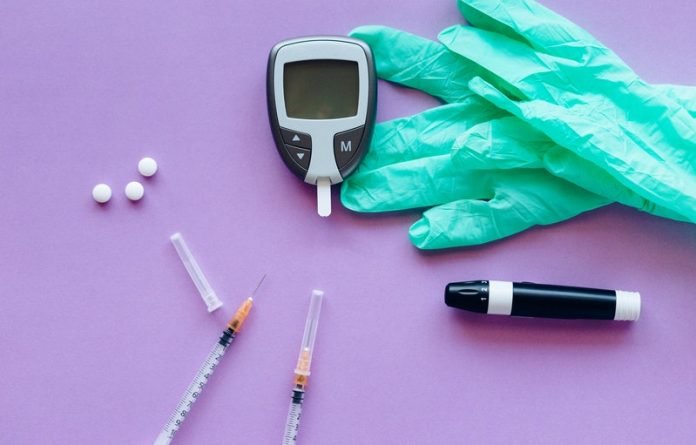
Scientists from Ohio University found that higher insulin dose is linked to higher cancer incidence and that the association is stronger among those with insulin resistance.
The research is published in JAMA Oncology and was conducted by Dr. Yuanjie Mao et al.
In the study, the team looked at the correlation between daily insulin dose and cancer incidence (the number of new cases) among patients with type 1 diabetes.
They analyzed the associations of more than 50 common risk factors such as smoking, alcohol use, exercise, metabolic risk factors, medication use, and family history with cancer incidence in 1,303 patients with type 1 diabetes whose data were collected over 28 years.
The team found that traditional metabolic factors such as obesity, sugar control, and blood pressure control do not associate with cancer risk.
However, cancer incidence was higher for those who took a larger doses of insulin.
The results implied that clinicians might need to balance the potential cancer risk when treating patients with type 1 diabetes on a high daily insulin dose or that improving insulin sensitivity may be preferred over simply increasing the insulin dose.
The team also found that age and sex are associated with cancer incidence when evaluated separately and that a daily insulin dose posed a higher risk of cancer than age, especially a higher insulin dose.
Although previous studies have concluded that patients with diabetes have a higher risk of cancer in general, this is the first study to explore the associated cancer incidence factors in type 1 diabetes.
Although the results of the study suggest that the higher the dose of insulin, the higher the cancer incidence, the team says further research is still necessary.
If you care about cancer risk, please read studies about an inexpensive drug that could help treat cancer, and eating peanuts too much may increase the risk of cancer spread.
For more information about health, please see recent studies about what you need to know about supplements and cancer, and results showing COVID-19 booster shots can help most people with cancer.
Copyright © 2022 Knowridge Science Report. All rights reserved.



